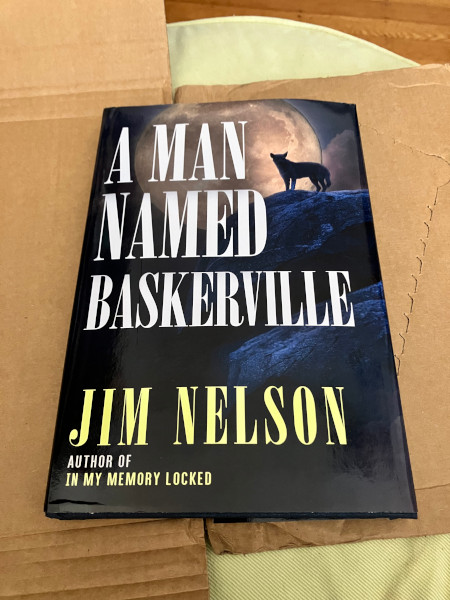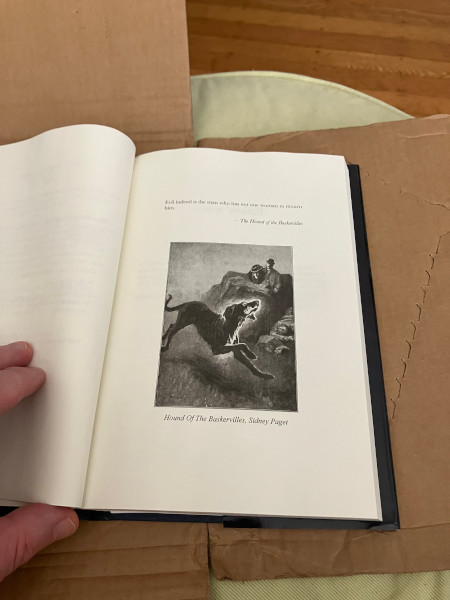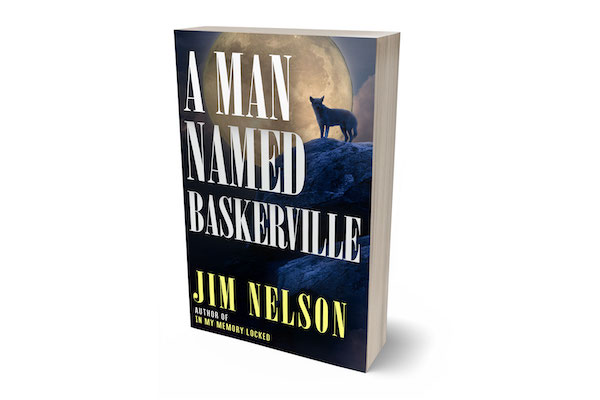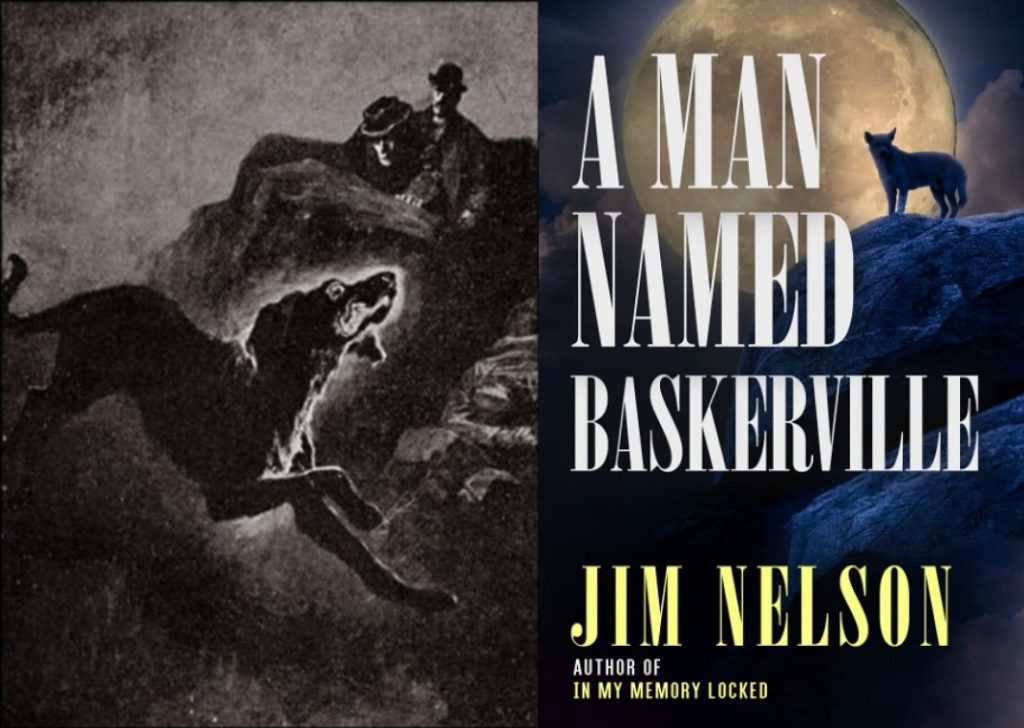Two pieces of news:
First, the audiobook of A Man Named Baskerville has been well-received. It currently holds seven 5-star reviews on Audible and sales have been brisk. MX Publishing released their top audiobook sellers for the month of February, and Baskerville ranked fourth out of 24. It’s the only novel in the top five (the rest being short story collections).
Second, the hardcover edition of Baskerville releases tomorrow! I’ve proofed this edition, and it’s exciting to see my story now available in hardback with a slipcover. If you prefer reading books this way, you can order your copy now.






